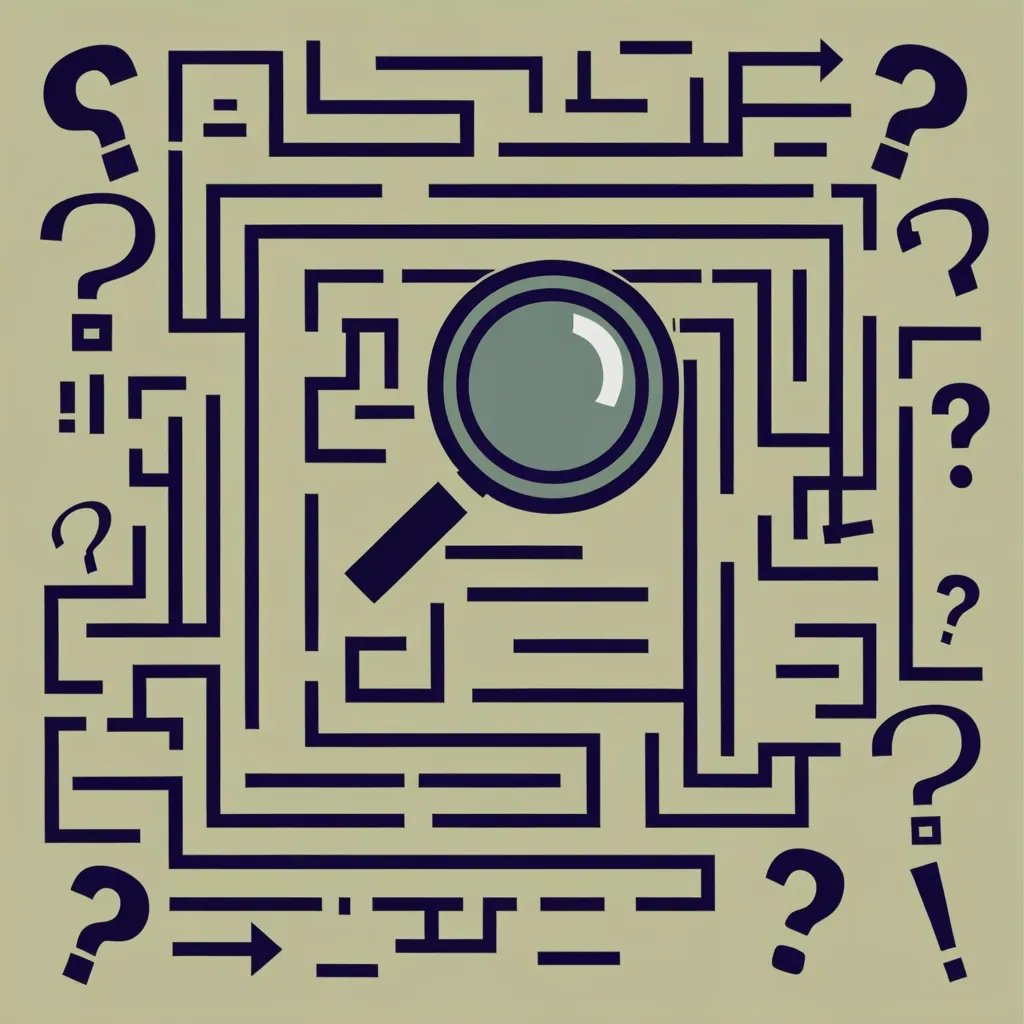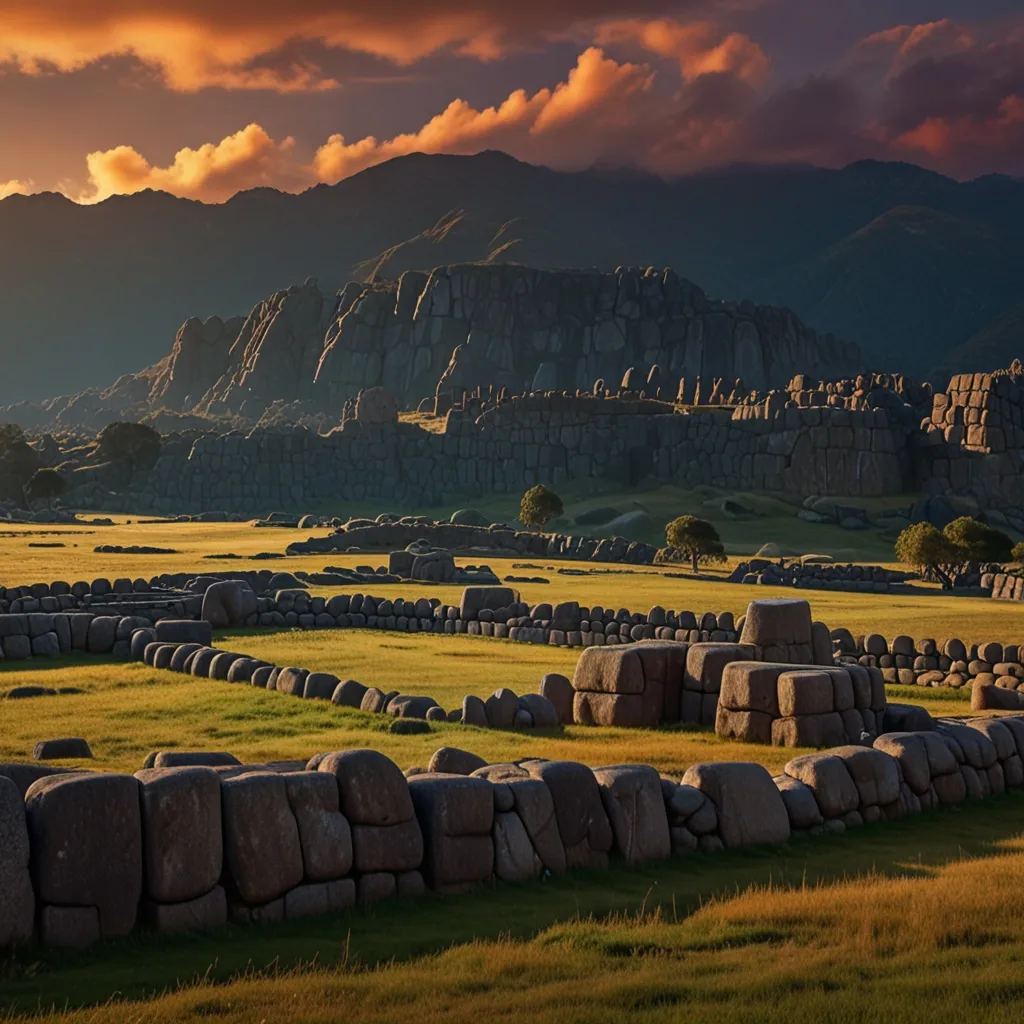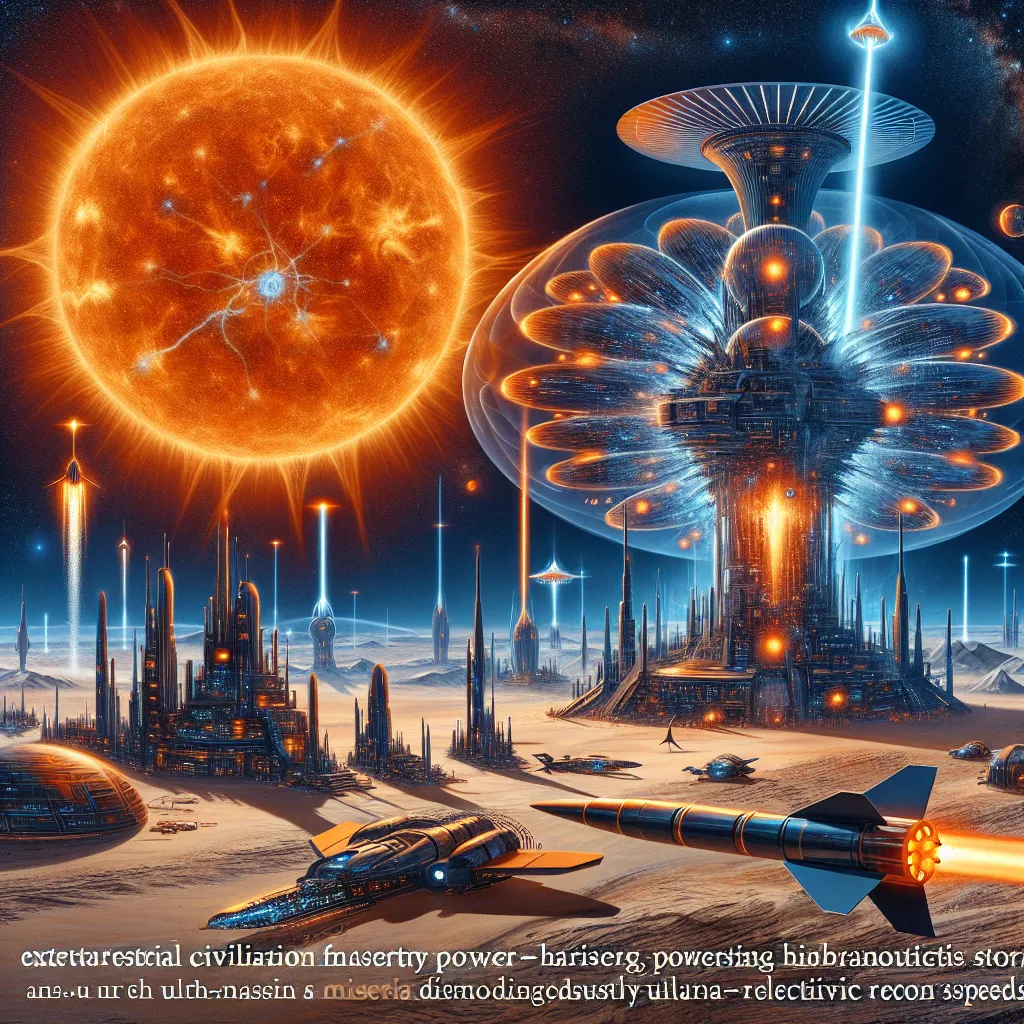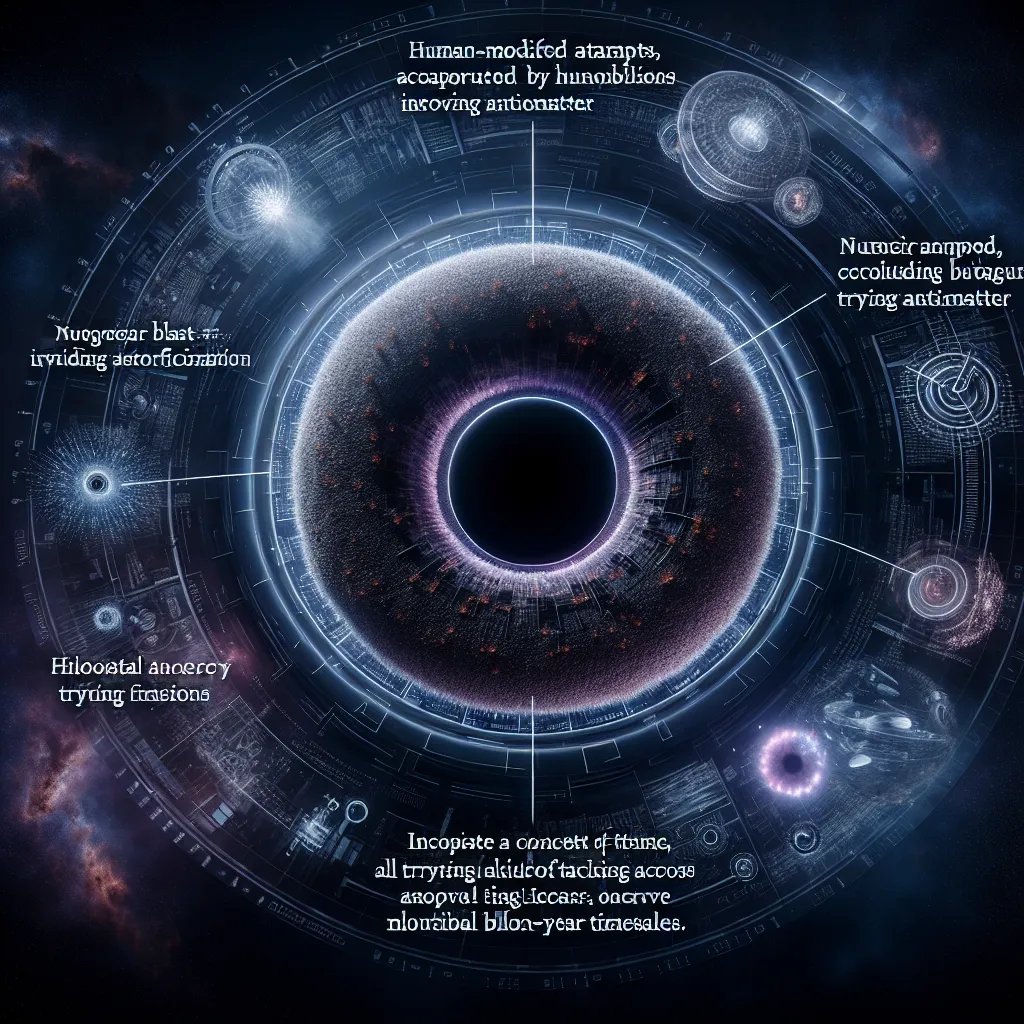Conspiracy theories often get a bad rap, and for good reason. Most of them are totally bonkers. But here’s the kicker - sometimes these wild ideas turn out to be true. Crazy, right? Let’s dive into some mind-blowing cases that’ll make you question everything you thought you knew.
Remember the Tuskegee syphilis experiment? It sounds like something out of a horror movie, but it actually happened. For 40 years, the US government left hundreds of African American men untreated for syphilis. They were basically human guinea pigs, all in the name of “science.” It’s enough to make your skin crawl.
And then there’s Project MKUltra. The CIA was messing with people’s minds, literally. They were dosing unsuspecting folks with LSD, using hypnosis, and even trying out electroshocks. It’s like they were auditioning for a sci-fi villain role or something.
Now, let’s talk about Big Brother. You know that feeling you get sometimes, like you’re being watched? Well, turns out you’re not paranoid - you’re probably right. Mass surveillance is a thing, and it’s been going on for decades. The NSA, FBI, and CIA have been keeping tabs on us for years. They can even access your webcam without you knowing. Creepy, huh?
But wait, there’s more! Remember all those whispers about government cover-ups? Well, some of them turned out to be true. In Northern Ireland, there was actual collusion between British security forces and terrorists. And the Hillsborough disaster? That was a massive cover-up too. It just goes to show, sometimes the truth is stranger than fiction.
And let’s not forget about the environment. For years, some of the biggest corporations in the world were actively trying to hide the truth about climate change. They funded fake research, lobbied politicians, and spread lies like it was their job. All to protect their bottom line. It’s enough to make you want to hug a tree and never let go.
Now, you might be wondering, “Why do people believe this stuff?” Well, it’s all about psychology, baby. When people feel powerless or scared, conspiracy theories can be pretty comforting. They make the world seem less random and chaotic. Plus, let’s be real, it feels pretty cool to think you’re in on some big secret.
But here’s the thing - believing in conspiracy theories isn’t always harmless. It can lead to some seriously messed up stuff. Anti-vaxxers have caused outbreaks of diseases we thought we’d kicked to the curb. Climate change deniers are basically giving the middle finger to Mother Earth. And don’t even get me started on how these theories can mess with our trust in institutions and each other.
So, what’s the takeaway from all this? Well, it’s complicated. On one hand, some conspiracy theories have turned out to be true, uncovering some pretty dark stuff. On the other hand, a lot of them are just plain nuts and can cause real harm.
The key is to keep your mind open, but not so open that your brain falls out. Question things, sure, but also do your homework. Check your sources. Don’t just believe something because it sounds cool or confirms what you already think.
In this age of fake news and social media echo chambers, it’s more important than ever to stay sharp. We need to be like detectives, sifting through the noise to find the truth. It’s not always easy, but hey, nobody said being a critical thinker was a walk in the park.
And let’s not forget about the role of technology in all this. Social media has turned the spread of conspiracy theories into an Olympic sport. One tweet can reach millions of people in seconds, whether it’s true or not. It’s like playing a global game of telephone, but with way higher stakes.
Remember when COVID-19 hit? Suddenly, everyone was an armchair epidemiologist. We had people claiming 5G caused the virus, masks were useless, and all sorts of other wacky ideas. It was like watching a real-time lesson in how misinformation spreads.
But it’s not just random people on the internet. Even world leaders have gotten in on the action. Remember when the Brazilian President was spouting nonsense about COVID? It just goes to show, having power doesn’t necessarily mean having all the facts.
So, how do we navigate this minefield of information and misinformation? It’s all about balance, folks. We need to be skeptical, but not cynical. Curious, but not gullible. It’s like walking a tightrope, but instead of a safety net, there’s just a pit of fake news and clickbait articles.
And here’s another thing to consider - sometimes, the line between conspiracy theory and reality is blurrier than we’d like to admit. Take the Watergate scandal, for example. If someone had told you before it broke that the President was involved in a break-in and cover-up, you might have laughed it off as a crazy conspiracy theory. But we all know how that turned out.
Or think about the whole NSA spying thing. Before Edward Snowden blew the whistle, the idea that the government was collecting data on basically everyone seemed like paranoid fantasy. Now? It’s just Tuesday.
The point is, we can’t just dismiss every wild claim out of hand. Sometimes, where there’s smoke, there’s fire. But we also can’t believe everything we hear, or we’ll end up thinking the earth is flat and lizard people are running the government.
It’s a tricky balance to strike, but it’s more important now than ever. In a world where anyone can publish anything online, we all need to be our own fact-checkers. It’s exhausting sometimes, sure, but it’s better than being duped.
And let’s talk about the emotional side of all this. Believing in conspiracy theories can be comforting in a weird way. It’s like, if there’s some big, evil plan behind everything bad that happens, at least there’s a plan, you know? It’s easier to believe that than to accept that sometimes, bad things just happen for no reason.
But here’s the thing - the world is complicated. Sometimes there are conspiracies, sure. But a lot of the time, stuff happens because of a mix of incompetence, coincidence, and unintended consequences. It’s messier and less satisfying than a grand conspiracy, but it’s usually closer to the truth.
So, what’s the bottom line in all this? Well, keep your eyes open. Question things. But also, don’t jump to conclusions. Check your facts. And most importantly, be willing to change your mind if new evidence comes to light. That’s not weakness - it’s wisdom.
In the end, the world is a wild and wacky place. Sometimes the truth is stranger than fiction, and sometimes the most outlandish theories turn out to be true. But more often than not, the reality is somewhere in between - not as boring as the official story, but not as exciting as the conspiracy theory either.
So next time you hear a wild claim, take a deep breath. Don’t immediately believe it, but don’t immediately dismiss it either. Do some digging. Use your noggin. And remember - the truth is out there. You just might have to wade through a sea of BS to find it.






